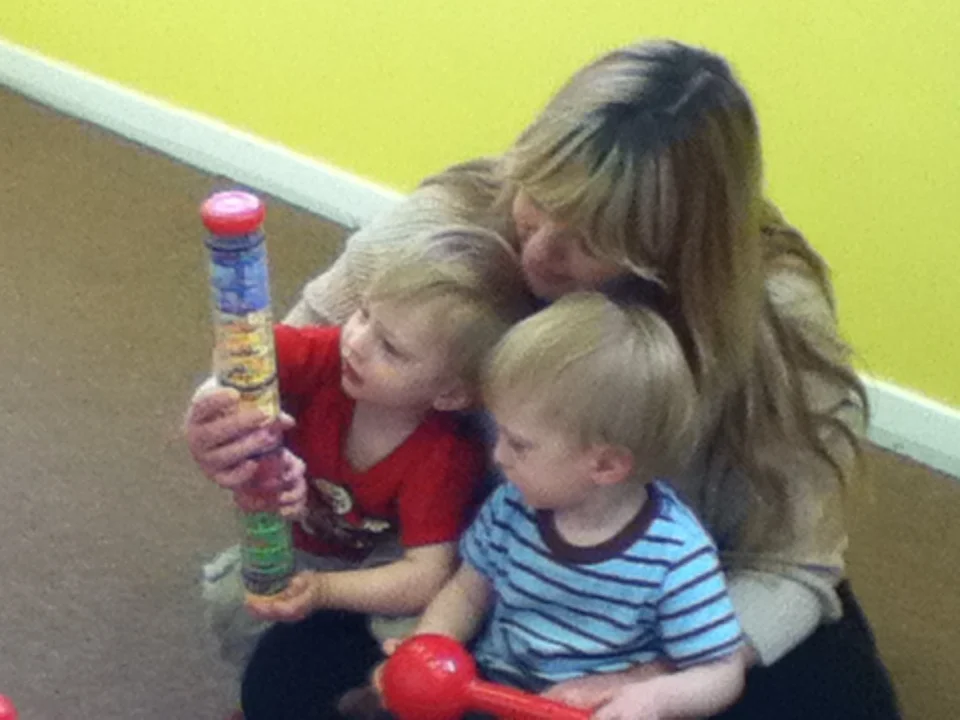by Linda Silva
I’ve noticed that young music students sometimes wonder why they’re learning music. Why are they the only ones who have to troop to the piano every day to struggle with new pieces? Why is every single Wednesday at 4:30 lesson time? Why are they prodded up onto a recital stage every few months? What, in other words, is the point?
What’s missing for these students is context. If music doesn’t have a place in their world, then practicing to learn it is meaningless. It’s just a chore no one else has to do. But if music reminds them of happy family moments, regularly brings joy into their home, and is something the people they love value, that changes everything. Attention is never easy to garner, so when people are giving you theirs it’s energizing, and far more motivating than praise from a teacher or stickers on a chart.
Having a musical household doesn’t require a musical background. That you never learned an instrument, or that you may sing off key, or that you can’t tell Mozart from Miles is not important. Bringing music into your home takes nothing more than the willingness to embrace something new.
Here are some ideas to get you started:
1)Listen—Have music playing in the house; it can be any kind you like. There is no music that is better to listen to than another. Alternate which family member gets to choose the music, and talk about what you like or don’t like in the different genres and pieces. For younger children you might ask: What does this make you feel like doing? Or, how does this make you want to move?
2) Move to music in any way you can think of—dance, march, wiggle, stomp.
3) Sing along. There’s a lot of catchy children’s music out there, or use your favorites from when you were a teenager, or the songs you played at your wedding, or whatever you love now. Play the songs enough times so that everyone learns them. Don’t worry about how you sound. Sing with gusto! It’s good for your health.
4) Play whatever you can. If you once knew how to play an instrument, even a little, dust it off. Learn a couple of guitar chords from youTube. One parent I know took a single drum lesson so he could keep a beat while his young son sang his music class songs. And ask your young music student to teach you something! They’ll feel important and it will reinforce what they’re learning in lessons.
5) Seek out live music. Attend concerts, listen to musicians playing at fairs and restaurants, and look for people busking on the street. Take a moment to really listen. When you stop what you’re doing or saying or texting to hear someone play, that sends a powerful message. It signals to your child (and to the musician) that when someone plays music it’s a pretty special thing.
5a) And one more thing… The most important musician to take the time to hear is the one who lives with you! Show an interest in your child’s newest piece—what new concept does it encompass, what are its challenges, which is their favorite part? Know what they’re working on. Ask for lots of after-dinner and Sunday morning concerts. When there’s a recital, bring the whole family and go out for donuts afterward. Keeping a constant spotlight on your child’s burgeoning musical abilities will do wonders. What they’re learning is amazing, so tell them that and prove it by listening. You’ll be glad you did.

